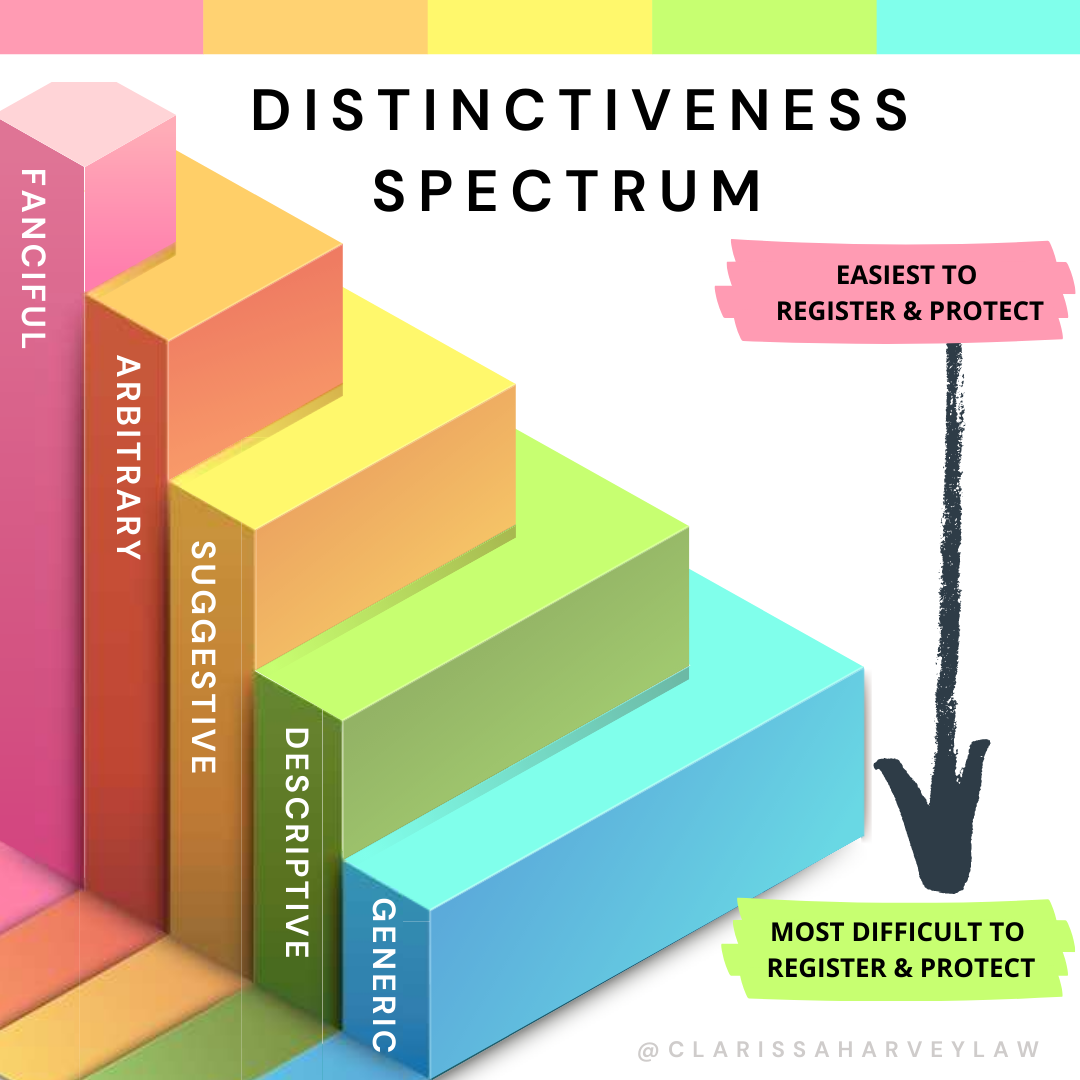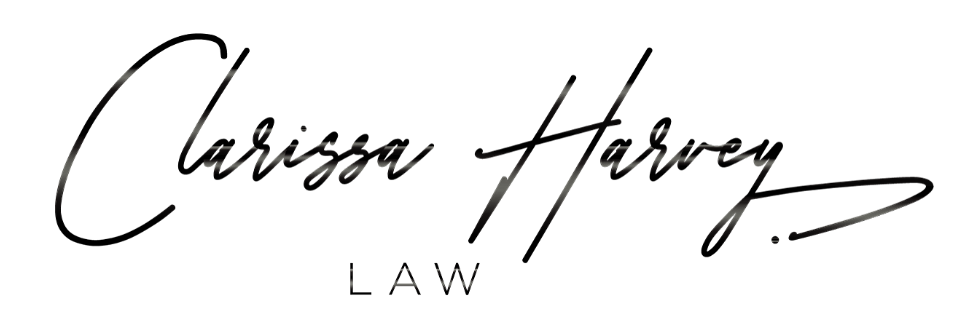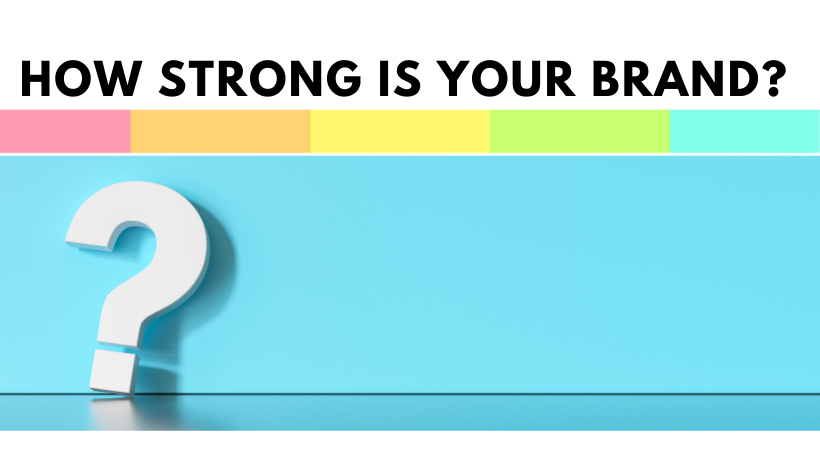Choosing a brand name is hard. Today, with so many names already in-use finding a name that is available can be very challenging. Understanding and leveraging the Trademark “Distinctiveness Spectrum” can provide a huge advantage and help improve your odds.
What is the Trademark “Distinctiveness Spectrum?
Trademark law in the United States is designed primarily to protect consumers by allowing them to identify and distinguish the source of a product or service from other sources. With this in mind, the law recognizes varying levels of trademark strength based on level of distinctiveness—i.e., a trademark's ability to set itself apart from other marks.
The stronger your brand name is on the spectrum, the easier it is to obtain registration and the easier it is to prevent others from using your mark. Weak or descriptive brands are difficult to register and costly for you to defend because they are not afforded the same legal protections. In ascending order from weakest (least distinctive) to strongest (most distinctive), marks are classified as generic, descriptive, suggestive, arbitrary, or fanciful.

Generic
Generic Trademarks by definition are not distinctive. These are marks that are simply the common name for the goods and services being sold. Generic marks are NOT eligible for trademark protection because they are incapable of denoting a unique source- which is a requirement for trademark protection. Examples: THE BABYSITTING COMPANY for caregiving services, LAWYERS(dot)COM for websites containing legal information or HOMELESS SHELTER for a nonprofit homeless shelter.
Descriptive
Similarly, a Trademark application will be rejected if the mark simply describes an ingredient, quality, characteristic, function, feature, purpose, or use of your product or service. Descriptive Trademarks are NOT eligible for registration on the Principal Register (the Supplemental Register is still a possibility) unless a secondary meaning or association has been developed in the public’s mind through usage.
After a trademark has been used continuously for (5) five years, a merely descriptive mark can become eligible to be filed on the Principal Register. As an example, the word mark “RAISIN BRAN” is merely descriptive of the foods used in the cereal and would not be eligible for trademark registration had Kellogg Company not demonstrated through evidence of use (including sales, advertising expenditures, and consumer surveys) that the buying public had come to distinctively associate Raisin Bran with this particular Kellogg’s cereal. Some other good examples of “descriptive” marks include: “AMERICAN AIRLINES”, “CHICK-FIL-A”, “HOME DEPOT”, and “PIZZA HUT”
Suggestive
Suggestive Trademarks are marks that suggest or imply a quality or characteristic of the goods and services being sold but do not directly communicate what the product is. They require a little bit of mental gymnastics or imagination on the part of the consumer. Examples include “NETFLIX” (streaming services) and “COPPERTONE” ( sunscreen lotion).
Arbitrary
Arbitrary Trademarks are words found in the dictionary but have no relationship to the product or service being sold. A great example of an arbitrary mark is “APPLE” for smartphones and computers. The word “apple” is defined as a type of fruit, but it bears no relationship to smartphones or computers. Some other good examples of “arbitrary” marks include “AMAZON”(online marketplace), “DOVE” (personal care products), “COACH” (designer accessories), and “DOMINOES” (pizza).
Fanciful
Fanciful marks are the strongest of all marks and the easiest to register. Fanciful marks are made up words that have no relation to the good or service being sold and have no meaning other than to distinctly identify the product or service and distinguish it in the minds of consumers from those of any other vendor. “Starbucks” is a great example as well as “GOOGLE” “PEPSI”, “CLOROX”, “VERIZON”, “SPOTIFY” and “KODAK.” These are all very strong trademarks.
Takeaway:
In trademark law, “arbitrary” and “fanciful” trademarks are known as inherently distinctive and entitled to the strongest trademark protection. Arbitrary trademarks and fanciful trademarks are considered most desirable from a legal perspective.
Reference:
Abercrombie & Fitch Co. vs. Hunting World, Inc., 537 F.2d 4 (2nd Cir. 1976).

